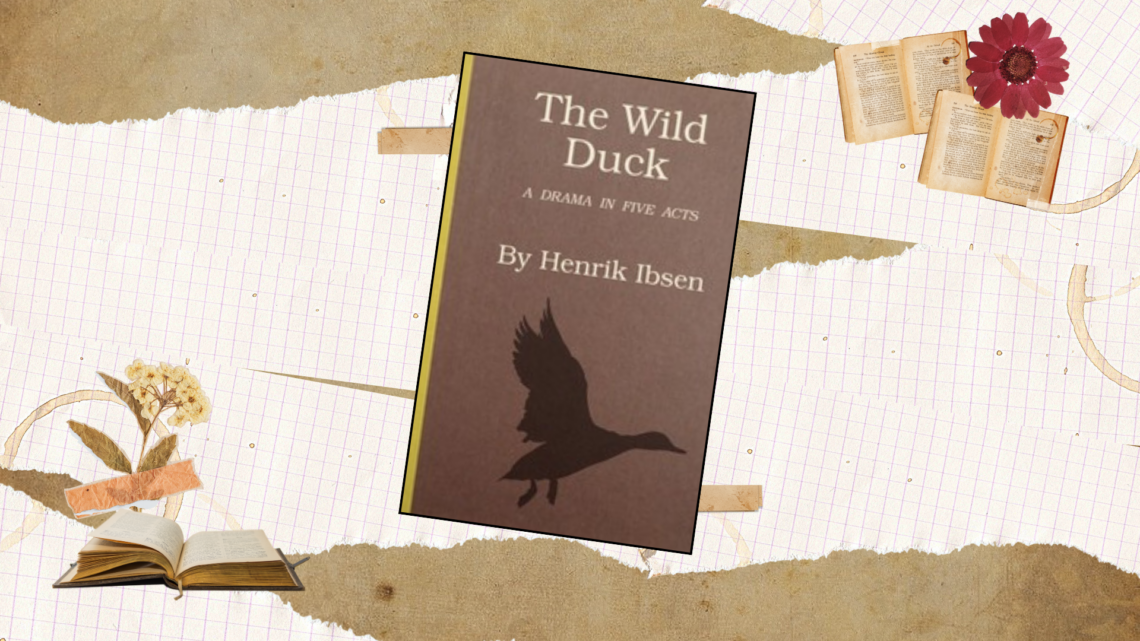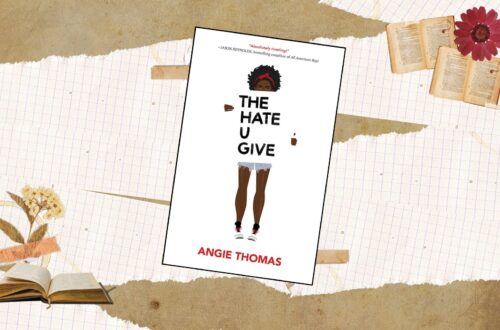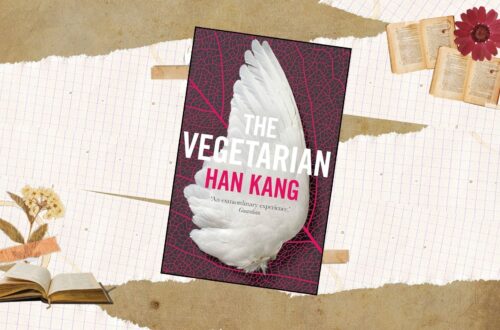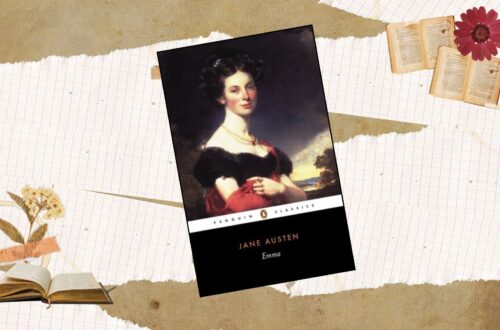The gunshot in Henrik Ibsen’s The Wild Duck comes to both readers and characters alike as a surreal sort of shock. It’s a shot of adrenaline straight to the veins, a state where we’re aware of the presence of something very physical and, at the same time, something elusive–simply because it’s something that shouldn’t be. Yet, this is the style that Henrik Ibsen employs to provide The Wild Duck’s commentary on the central question of truth and delusion: the comfort of delusion at the ignorance of truth, the pursuit of truth at the cost of the delusion. What does it really mean for someone to pursue truth? Can truth be weighed similarly to all people, and do the circumstances of life give value to delusion?
The majority of the play’s setting takes place in Hjalmar’s flat, where he lives with his daughter Hedvig, wife Gina, and father Old Ekdal. Immediately, the readers are introduced to the glory days of the Ekdal family that is now lost. The Ekdal family, once prosperous with Old Ekdal as a lieutenant and rich old Werle’s business partner, has long been ruined after a business scandal. Forced to settle down into a means of life smaller than what they can accept, Hjalmar finds solace in glorifying his family with dreams of becoming prosperous while Old Ekdal refuses to shed his uniform, proudly performing his long bygone duties in a makeshift “hunting ground” above their flat. The characters here live in a fractured reality. However, with this delusion there is also comfort: Old Ekdal feels comforted in clinging onto his past and Hjalmar in his dreams to prop up his family. While Hjalmar doesn’t realize it, he is also comfortable in not knowing the truth of his daughter’s birth.
Throughout the play, it becomes clear that, while Hjalmar and Old Ekdal are oblivious to these delusions, the other characters aren’t. Gregers, Hjalmar’s friend and the son of Werle, takes it upon himself to dispel this delusion which he feels is undermining the truth and honesty necessary to live life to the fullest. Gregers becomes manifest as Henrik Ibsen’s reality argument while Rellings, a doctor that lives in the flat under the Ekdal family, represents the opposite side of the spectrum as someone who endorses delusion. Hjalmar is constantly caught between these characters in their constant push-and-pull, although with his idealistic temperament he is more drawn to Gregers’ philosophy. Similarly idealistic, and also too optimistic, Gregers orchestrates the reveal of Hedvig’s birth, believing that complete truth will bring the Ekdal couple closer. Yet, he fails to foresee Hjalmar’s complete breakdown: not only does he realize that he has been entertaining delusion, he is now forced to face the fact that the people closest to him have been feeding it. All of this end in a fiasco where, desperate to alleviate the situation and unfortunately egged on by the short-sighted Gregers, Hedvig ends up killing herself.
The divide between delusion and reality is highlighted largely, as hinted at by the title of the work, Hedvig’s wild duck that resides in the attic above the Ekdals’ flat. The wild duck is at once a throwback into Old Ekdal’s hunting days and a reminder from where it was rescued–a marsh at the bottom of a lake–and how that aligns with the definition Gregers sets for the Ekdal family: one drowning in delusion with only truth being the thing to save them. There is also the attic, in this way, representing the bottom of a lake while being above the Ekdals’ flat, reflecting that the Ekdals have gone effectively beyond the marshes of a lake, and likewise, beyond saving.
Is being freed from delusion worth it if it means a fractured family and the death of a child? There is a chilling scene by the end of the play where Gregers answers that it is, attesting to both the rigidity in his philosophy and the question of whether anything could convince him otherwise. In this way, Henrik Ibsen takes the question of delusion and reality further: is it really necessary or does it merely serve as another way to exercise a certain belief in how things should be? The central question here was greatly paid for by the Ekdal family, and with The Wild Duck’s commentary we receive something closer to a contemplation of the dilemma rather than a concrete answer.
~5 stars.




